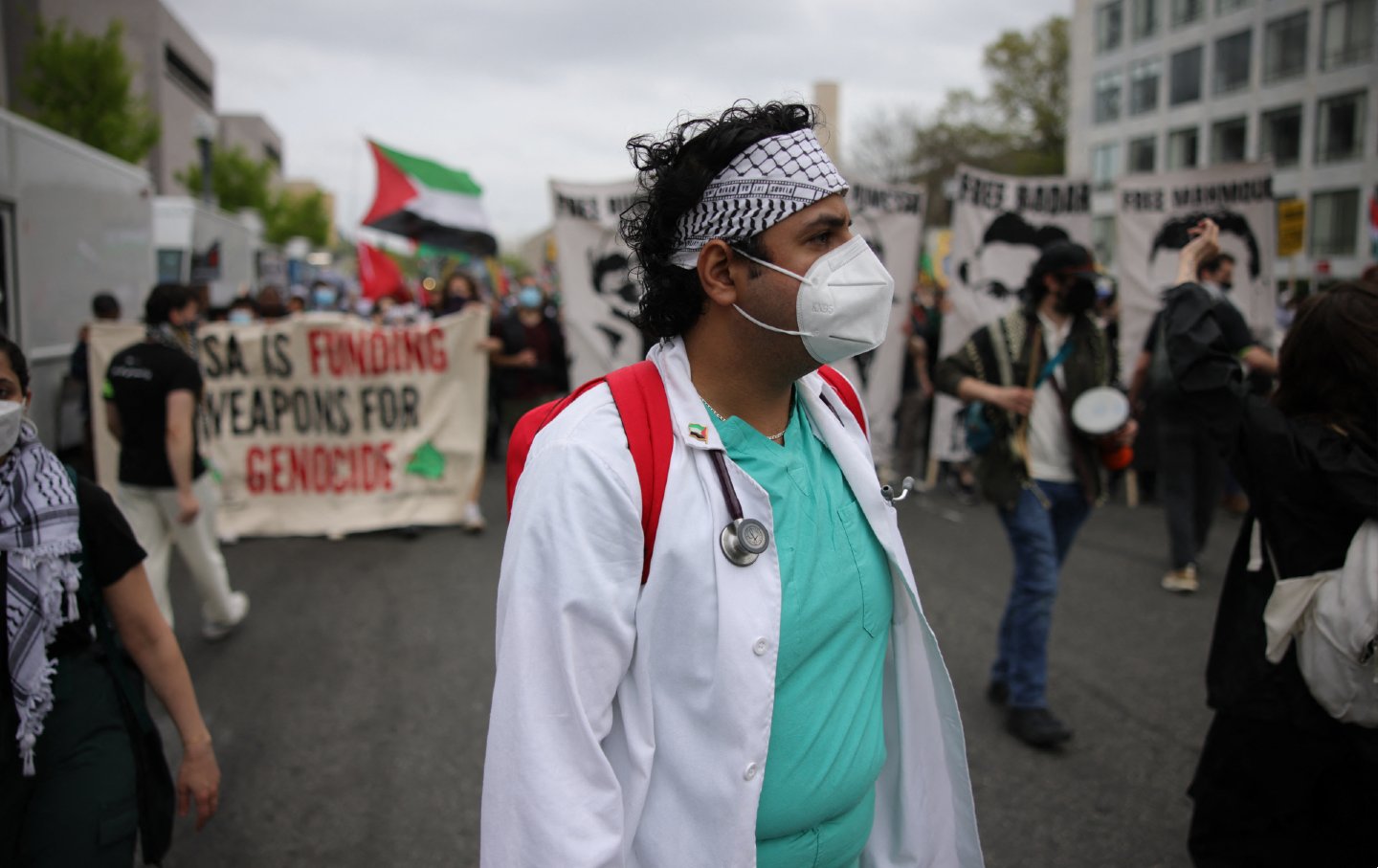
"In the Netherlands in 1943, more than 6,200 Dutch doctors -97 percent of the profession-refused orders to register with the Nazi-controlled Chamber of Physicians. This registry was intended to force doctors to cooperate with racial and ableist screening, deportations, sterilization, and euthanasia policies."
"The most important legacy of the Dutch doctors' strike is not this public opposition to fascism, but the improvised network of underground care and escape routes for Jews, queers, and people with mental illnesses marked for criminalization."
In 1949, psychiatrist Leo Alexander warned against the dangers of science under dictatorship. Historical evidence showed that many physicians willingly enforced fascism, notably in Nazi Germany, where about half joined the Nazi Party. Yet, exemplars also emerged, such as Dutch doctors in 1943, who largely refused to comply with Nazi orders to register with oppressive medical regulations. Instead, they created underground networks to care for marginalized groups. Their resistance is recognized not just as a protest but as a significant development in ethical medical practice during extreme oppression.
Read at The Nation
Unable to calculate read time
Collection
[
|
...
]